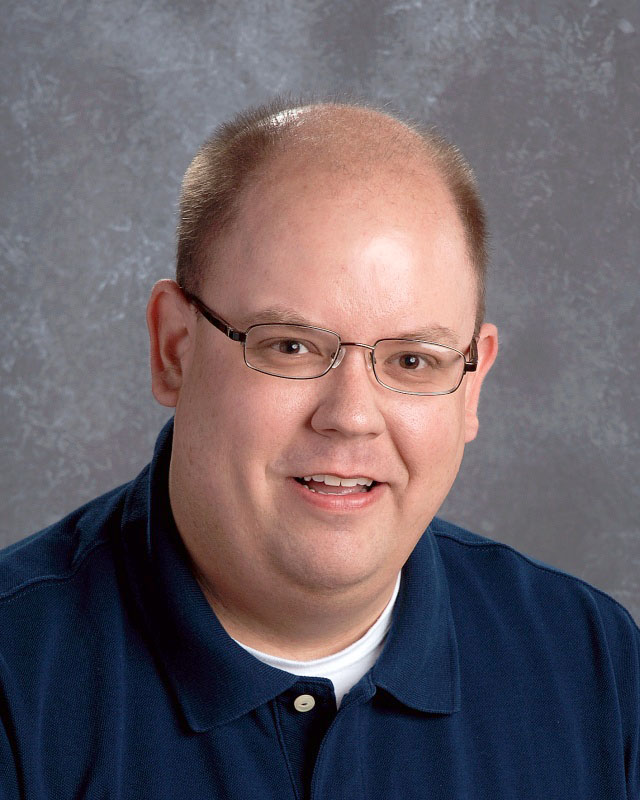
What will your life be like in the year 2045?
That’s the question my ninth-grade students had the opportunity to think and write about recently.
What will life be like in 25 years?
What jobs will they have and where will they live?
How will the world be similar to and different from 2020?
The assignment to write two pages imagining life in 2045 is how we start the Careers Unit.
I learn so much about and from my students by reading these papers.
I find out which careers they are interested in, what their dreams are and which things are important to them.
I also get a glimpse of how they view the current world.
Many kids plan to be rich and live in a big house on a lake with their perfect spouse, two or three children and a dog.
And, of course, some plan to be famous and others have a much more realistic view.
All of that is natural and to be expected.
Honestly, I wouldn’t want it any other way.
What’s interesting, though, is there are also plenty of kids who imagine a life quite similar to that of their parents and the life they know now.
For as many future movie stars or professional athletes planning to live in a big city, there are just as many or more future farmers, nurses, or teachers who want to live in Luverne or a town like it.
It’s not at all unusual for freshmen to envision careers similar to or the same as their parents and sometimes even living in the same home they are growing up in.
Some might say these students don’t have as much imagination or haven’t considered all the possibilities.
While in some cases that might be true, in most cases I think it’s the exact opposite.
I think some young people know a good thing when they see it.
They appreciate the community and environment they are growing up in and want the same for their own kids.
That’s a testament to their parents, extended families, churches, school and community.
Of course there were other interesting observations more unique to this year’s papers.
In 2020 my students wrote about a future without infectious diseases.
That topic has never come up before.
More than usual, kids wrote about a more unified America with less political division in 2045.
Most students predicted new advancements that make our lives better and our environment cleaner.
In the end, these young people gave me more hope for our future and a reason to be thankful for our community and school.
In fact, the end of 2020 might be the perfect time to think about 2045.
According to my students, our country will be healthier, less divided and more prosperous.
And our community will be led by young people who are passionate about it and chose to live here.
And I’ll be hopefully retired and able to enjoy it all.



